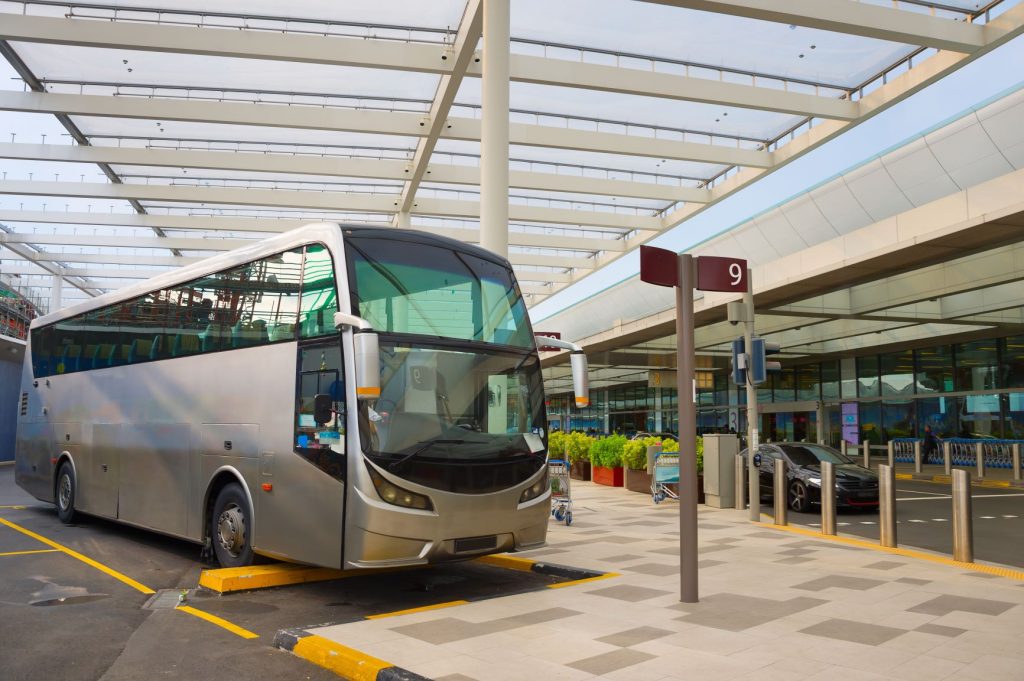When it comes to transportation options for large groups, transit vehicles undoubtedly claim the spotlight. Their efficiency, comfort, and adaptability make them a favorite among corporations, institutions, and event planners alike. But here lies the conundrum: Should your company lease these radiant road warriors, or does it make more sense to make the grand investment? Here, we aim to provide an insightful resource to guide your decision-making process.

The Charm Of Transit Vehicles
Transit vehicles have become an integral part of many operations due to their flexibility and convenience. They provide pivotal services varying from airport transfers to employee transportation, and can also be utilized for special events or corporate retreats. Their advantageous attributes are best experienced firsthand, but does this imply a need to own them?
Buying Versus Renting: The Vital Factors
The decision to rent or buy a shuttle bus can be influenced by several key factors. Let’s explore the most critical considerations.
Duration And Frequency Of Need
If your company’s need for shuttle services is infrequent or for a limited period, it may not be economically beneficial to buy. On the other hand, if you foresee a long-term, consistent need for transportation, purchasing a shuttle bus might be the way to go.
Financial Commitment
Buying a shuttle bus is undoubtedly a substantial monetary investment. This comes with ongoing operational costs, including maintenance, insurance and permits. In contrast, rental costs can be significantly lower and the responsibility for upkeep lies with the rental company.
Fleet Flexibility
A significant advantage of renting shuttle buses is the flexibility it offers. Depending on your immediate requirements, you can choose different types of transit vehicles tailored to your needs in terms of size, features, and amenities.
When Leasing Is Logical: The Argument For Renting
In many instances, the scales tip in favor of leasing. Here’s why renting transit vehicles might be the best option for your company.
Economic Efficiency
With rental transit vehicles, your financial commitment is directly proportional to your usage. You also have the freedom to upgrade or downgrade the fleet as your needs vary, maximizing operational efficiency and minimizing expense.
Flexibility And Scale
With a lease agreement, your options are wide open. Companies that rent shuttle buses can pivot quickly to meet changing requirements without the expense and hassle of maintaining a large fleet.
Hassle-Free Maintenance
One of the significant advantages of leasing is that it comes with headache-free maintenance services. The responsibility of maintaining the fleet’s functionality, safety, and cleanliness falls to the rental company.
Conclusion
To sum it up, buying or renting transit vehicles wholly depends on your company’s specific situation and requirements. If your needs are sporadic and variable, leasing is a flexible and cost-effective option. However, if your requirements are consistent and long-term, purchasing could be a sound investment.
Our company offers a convenient shuttle service for employees, making it easy for them to commute to and from work without the hassle of driving or public transportation. This service helps to reduce the stress of commuting, improve punctuality, and increase overall employee satisfaction.

